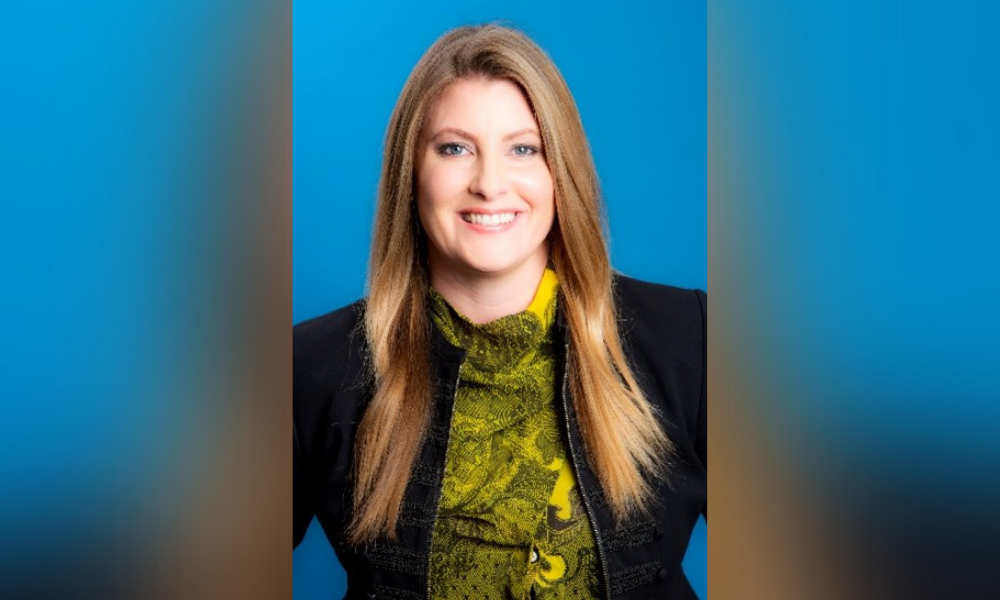
The Martelli McKegg partner believes there are many pathways to a successful career in the law

A father who didn’t let a disability get in the way of him helping other people sowed the seed for Jacque Lethbridge’s future in law. Raised by a wheelchair-bound Anglican lay preacher and a nurse, Lethbridge learned early on that “no matter my troubles, there was always someone in greater need.”
Possessing a view of law as “a profession grounded in helping people and service to others,” Lethbridge plunged into legal studies at university just one week after her father died. In order to fund her education, however, she had to balance her academic responsibilities with work, and holidays became a luxury she could not afford. When Lethbridge was finally admitted to the bar at 25, her large student loan “felt crippling” on a junior lawyer’s salary; she also had a newborn son to take care of as she kicked off her new career.
However, she persevered with her childhood ambition, and has since realised that having to take a difficult path to succeed in law granted her a valuable perspective.
“What on one view was undoubtedly hardship has ended up really helping me in understanding the needs of the very many clients I have acted for over the last 17 years and given me insights that privilege never could have,” Lethbridge says. “We need lawyers – and judges – who mirror the makeup of our society. Good lawyers are forged from a multitude of backgrounds, and adversity undoubtedly helps shape a good lawyer.”
Since her humble beginnings, Lethbridge has gone on to prove that a lack of privilege is no barrier to succeeding in the legal profession. She has amassed a wealth of experience throughout her career, recording stints with the Waitangi Tribunal, as a Prosecutor with the Ministry of Social Development and defence lawyer with the Public Defence Service Pilot. As a private practitioner, she made firm history twice by becoming the first female partner at both Grove Darlow & Partners and Lowndes Law.
Having been a partner for 10 years now at Martelli McKegg, she is also leading the firm’s litigation team. Moreover, as a current Vice President on the NZLS Board, she is currently one of the candidates in the running to succeed Tiana Epati as the president of the New Zealand Law Society (NZLS).
“You do not have to come from privilege to be a success in the law. We need to have not only those lawyers who come from more advantaged backgrounds but those who have come from less fortunate backgrounds,” Lethbridge explains. “What the law profession is showing young people considering their future is that people like them are reaching the highest parts of the profession, and so it’s a place for them. What anyone entering the law profession now will have that I did not have is a profession that offers almost endless possibilities in terms of the breadth of practice areas and different ways of practising. This profession is a place for all and change is not just on the horizon, it is at our feet.”
Recognised as a diverse leader most recently as a Changemaker in the Top 25 Most Influential Lawyers 2021 list and a Top Diverse Board-Ready Director for 2021 by the Super Diversity Institute, Lethbridge would like to use her experience as a working parent in the law to tackle the continued glass ceiling for women.
“If we can retain more women in the law and get a greater number through to senior positions because we have made it easier to be a working parent in the law that will go a long way to improving the culture of the profession. This is also not only a female issue given that more male practitioners want to step back to take on child-rearing responsibilities,” she says.
Lethbridge’s experiences have also ensured that access to justice is an issue that is close to her heart, particularly given the overloading being observed in the civil, family and criminal jurisdictions. She has observed this not only in practice but in her role as Chairperson of the Auckland Community Law Centre board for 10 years.
“Structural change needs to be made to our justice system and legal aid in order to address the current gulf between those who can access legal services and those who cannot. Our legal system functions best when lawyers are there to advise, guide and represent clients and to challenge the laws. The law is not there for the privileged few, it is there to regulate the conduct of all those in our society,” Lethbridge says. “Those changes will require leadership and coordination from within the legal profession so that the important diverse views are brought together in unison to bear on actually making change, actually closing these gaps.”
Collegiality, she emphasises, is “the beating heart” of the profession which she describes as being about “human connection and collaboration”. This is especially true in light of New Zealand’s continued battle with the COVID-19 Delta variant. While there have been real gains achieved through greater uptake in technology enabling lawyers to continue to be able to work, remote work has been a challenge for lawyers in this regard, with restrictions cutting off opportunities for practitioners to collaborate effectively and draw appropriate boundaries between work and home life.
“The law profession will need to work with clients and the judiciary to ensure that there is a clear understanding of these pressure points, and the wellbeing and mental health of lawyers is front and centre as New Zealand climbs out of the Delta outbreak,” Lethbridge points out. “I see the NZLS and other representative bodies within the profession working together as key to developing innovative ideas to ensure this happens.”